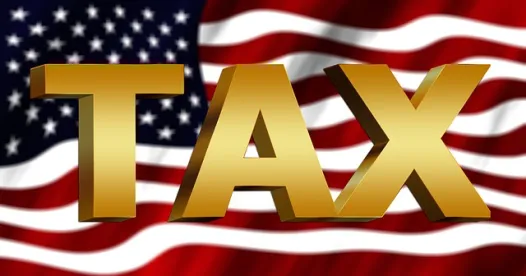The Internal Revenue Service recently released Field Attorney Advice 20124002F, revealing another attempt on audit to invalidate an allocation of historic tax credits (HTCs) to an HTC equity investor.1 Although only just made public, the Field Attorney Advice actually dates to August 30, 2012, which is three days after the Third Circuit’s decision in Historic Boardwalk Hall, LLC, New Jersey Sports and Exposition Authority, Tax Matters Partner v. Commissioner of Internal Revenue (the “HBH Case”) upholding the IRS’s attack on another HTC transaction.2
The deal terms in the transaction described in the Field Attorney Advice are clearly recognizable. The HTC investor’s capital pay-in was priced at 90 cents per HTC dollar, with adjusters for the over- and under-delivery of the HTCs. The partnership purporting to own the historic building (the “HTC Partnership”) and its general partner were obligated to reimburse the HTC investor for any recaptured HTCs. Under the “waterfall,” the HTC investor was entitled to receive the first available cash as a tax distribution and then a preferred return on its invested capital, with any remaining cash to be used to pay additional rent, any unpaid development fees or member (partner) loans and then the residual splits. The HTC investor’s interest in the HTC Partnership was subject to what appear to be typical repurchase and put/call options, including a repurchase option (in the event of a substantial shortfall or delay in the delivery of the HTCs) and the “exit” put/call to take out the HTC investor after the end of the HTC recapture period. The developer principals, who were required to meet certain minimum net worth requirements, guaranteed the repurchase and put/call obligations and also provided construction completion and operating deficit guarantees.
As in the HBH Case, the HTC investor’s capital contribution in the transaction under review in the Field Attorney Advice appears to be largely back-loaded until after construction. However, unlike the HBH Case, the transaction in the Field Attorney Advice does not include some of the more analytically troubling features associated with the transaction in the HBH Case, such as the “consent” option (which allowed the buyout of the HTC investor in the event of a management deadlock) and the backing of the various guarantees by a government entity and a guaranteed investment contract.
For the most part, the Field Attorney Advice maintains the new HTC status quo established in the HBH Case. The focus remains on conveying enough upside potential and downside risk to an investor in an HTC transaction sufficient support the allocation of the HTCs to the investor. However, the Field Attorney Advice provides little additional guidance on where the line falls, other than to indicate that back-loaded capital contributions and guarantees from any third party (not just a government entity) are not helpful in demonstrating acceptable levels of risk and reward.
______________________________
1 A field attorney advice is advice from senior IRS officials, usually delivered in response to a request for guidance from a field agent in the course of an audit.
2 For additional background on the HBH Case, please see “Third Circuit Strikes Down Historic Tax Credit Deal” (September 4, 2012).




 />i
/>i
